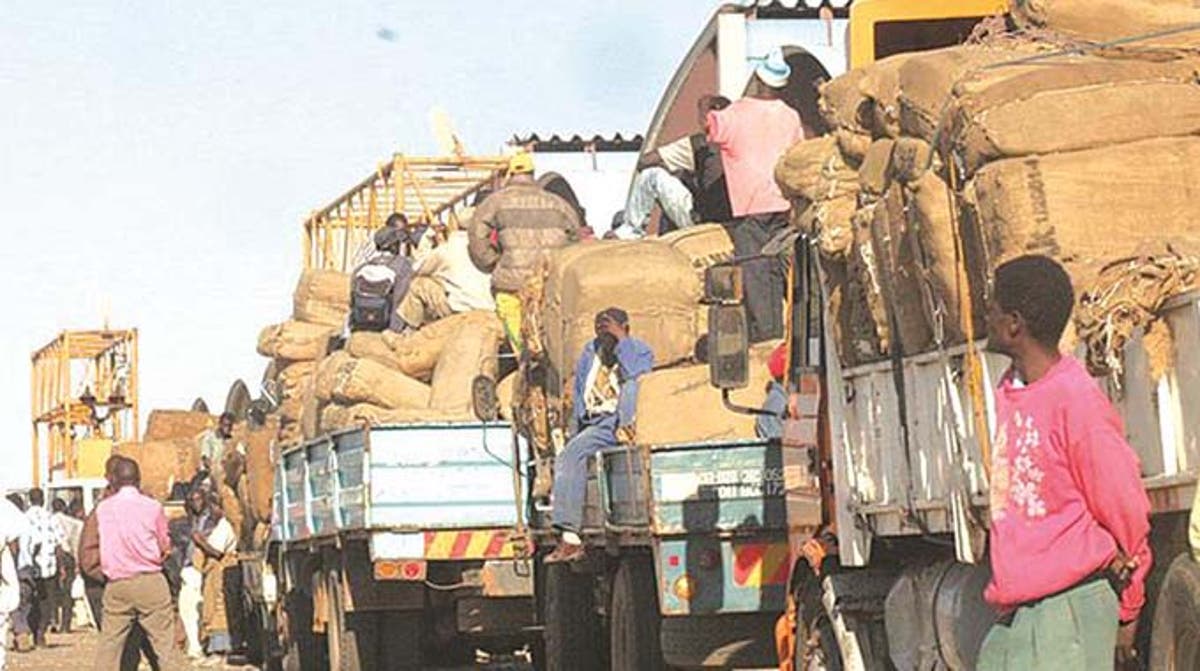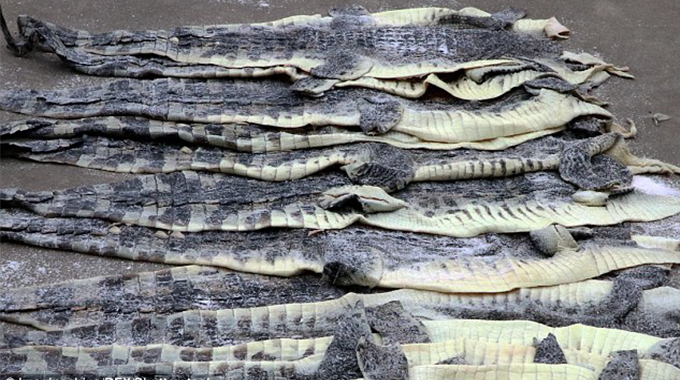Padenga to abandon alligator skin business
Crocodiles breeder cum miner, Padenga Holdings, is considering abandoning the loss making alligator skin operation as this will allow the listed firm to focus on core businesses while also easing the loss burden the department has had on the group.
Thembinkosi Sibanda the company’s chairman said in a statement accompanying results; “Management are re-evaluating options for this unit, including moth-balling it until market conditions justify a restart.”
Growing stockpiles of crocodile skins were marked down due to lack of demand for their size and quality in the international luxury market.
“The alligator skins market remains depressed and oversupplied. Given the current volume of unsold stock skins of this species in the market and that of live alligators on farms, we anticipate this situation to persist for a minimum of four to five years,” the company said.
However, there is a conundrum moving forward, as the Covid-19 pandemic effects become less pronounced, global economy moderates positively, anticipate improved performance of the crocodile division.
Recovering disposable incomes and the opening of global supply chains supports this business’ rebound.
The entity has already made advances into penetrating the Asian market and could result in further profit generation.
Belief is that the skins business has upward potential as it grows in line with the broader luxury goods market, but its losses have burdened the organisation.
Whilst the quality of skins Padenga produced in 2021 improved significantly, low demand and low sales volumes resulted in below par financials in this unit, argued the firm.
Additional pressure coming from the increase in interest bearing loans from US$5 million to US$29,5 million which is a 490 percent growth in the period under review was the driver behind the uptick in interest payments and increased non-current liabilities balance.
A portion of this debt is expected to foot the US$29 million capital expenditure bill budgeted for 2022, additionally, plans to expand into plantation agriculture are also in the works.
According to Padenga, interest expense increased significantly to US$10 million up 49.93 percent from US$6,67 million in the same period last year.
This was due to enhanced borrowings that went towards the rehabilitation of the Eureka gold mine which contributed to the increased revenues reported by the company.
In the short to immediate term, the company has resolved to focus towards a reduction in borrowings and thereby eliminating the high interest charge accruing.
In the period under review a total investment of US$20 million was made into Dallaglio Investments, resulting in the group having a stake in two gold mining units which after rehabilitation and expansion are both poised to contribute significantly to the Group’s revenue and profits.
Padenga said;
“The Eureka Gold Mine, which was commissioned during the last quarter 2021 will contribute significantly to volume growth, having commenced production in the second half of last year. At Pickstone Peerless Mine, revised production methods are being implemented to fully restore the operation to profitability.
“Gold volumes for the Dallaglio Group are therefore anticipated to increase 25 percent during 2022 with a concomitant 20 percent reduction in all-in sustaining costs per ounce produced.
“This will increase margins and enhance profitability.”
The Group generated cash amounting to US$15,5 million from operating activities for the year up from US$6,6 million last year. This increase in cash inflow was achieved on the back of increased efficiencies in working capital management Padenga in the period under review recorded a turnover of US$78,5 million, which was a 10 percent increase over the US$71,6 million recorded in prior year.
Mining division Dallaglio led the revenue contributions as it put in 66 percent up from 57 percent in 2020 due to increased production and firming international prices. Zimbabwe crocodiles contributed 31 percent down from 38 percent in the previous period and Texas alligator operation contribution was down to 3 percent from 5 percent in 2020 as depressed consumer spending dominated the period due to lockdowns from Covid-19 threats.-eBusiness Weekly










